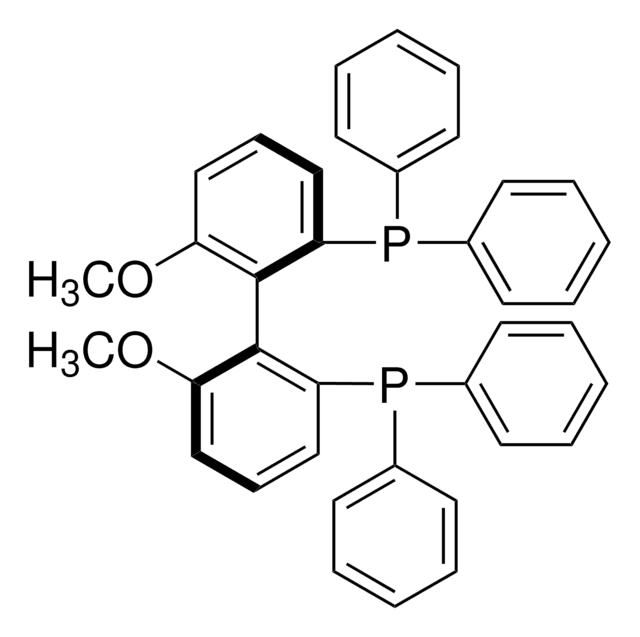916226
Lifeink® 200
neutralized type I collagen bioink, 35 mg/mL
Synonym(s):
3D Bioprinting, Bioink, Collagen
Sign Into View Organizational & Contract Pricing
All Photos(1)
About This Item
UNSPSC Code:
12352201
NACRES:
NA.23
Recommended Products
Quality Level
sterility
sterile; sterile-filtered
form
viscous liquid
concentration
30-45 mg/mL (Collagen concentration)
35 mg/mL
impurities
≤10 EU/mL Endotoxin
color
white to off-white
pH
6.9-7.6
storage temp.
2-8°C
Application
Lifeink(TM) 200 is a collagen based bioink that is suitable for 3D bioprinting using the FRESH printing technique. The recommended printing temperature is at 2-8 °C. It is a 35 mg/ml type I collagen. Lifeink(TM) 200 is composed of pH neutral collagen with physiological salt concentration. The collagen starting material is purified using a controlled manufacturing process. This bioink possesses high print fidelity, shear-thinning, strong mechanical strength, and good cytocompatibility.
Legal Information
Lifeink is a registered trademark of Advanced BioMatrix, Inc.
Signal Word
Warning
Hazard Statements
Precautionary Statements
Hazard Classifications
Met. Corr. 1
Storage Class Code
8A - Combustible corrosive hazardous materials
WGK
WGK 1
Certificates of Analysis (COA)
Search for Certificates of Analysis (COA) by entering the products Lot/Batch Number. Lot and Batch Numbers can be found on a product’s label following the words ‘Lot’ or ‘Batch’.
Already Own This Product?
Find documentation for the products that you have recently purchased in the Document Library.
Analysis and Classification of 3-D Printed Collagen-Bioglass Matrices for Cellular Growth Utilizing Artificial Neural Networks
Schmitt T, et al
University Chemistry (2018)
Emerging Business Models Toward Commercialization of Bioprinting Technology.
Balakhovsky Y M, et al.
3D Printing and Biofabrication, 513-533 (2017)
In vivo remodeling of a 3D-Bioprinted tissue engineered heart valve scaffold.
Maxson E L, et al
Bioprinting, 16, e00059-e00059 (2019)
S Fox et al.
Biomedical materials (Bristol, England), 14(4), 041001-041001 (2019-02-23)
Human autologous bioengineered skin has been successfully developed and used to treat skin injuries in a growing number of cases. In current clinical studies, the biomaterial used is fabricated via plastic compression of collagen hydrogel to increase the density and
In vivo remodeling of a 3D-Bioprinted tissue engineered heart valve scaffold.
Maxson E L, et al.
Bioprinting, 16, e00059-e00059 (2019)
Our team of scientists has experience in all areas of research including Life Science, Material Science, Chemical Synthesis, Chromatography, Analytical and many others.
Contact Technical Service




![Exo-2-Naphthyl Kwon [2.2.1] Bicyclic Phosphine](/deepweb/assets/sigmaaldrich/product/structures/324/907/a6c29ce5-9be1-4585-9bfb-6dca8272f6e4/640/a6c29ce5-9be1-4585-9bfb-6dca8272f6e4.png)




